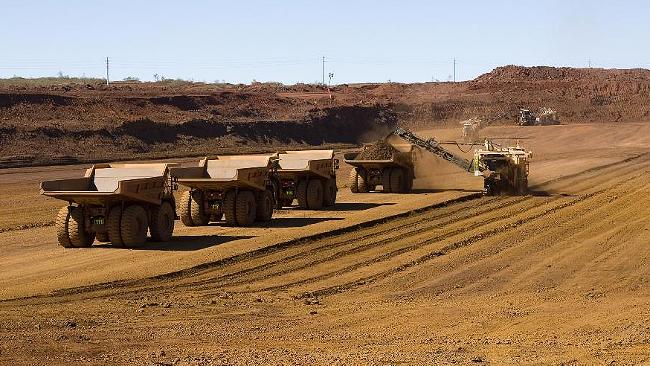When Jakarta-based Saratoga Capital sought to raise $400m for its new private equity fund in recent months, investors generously offered $1.3bn instead. Brazil has slowed dramatically, China continues to look weak despite interest rate and reserve requirement cuts, India’s growth has fallen to multiyear lows and Russia remains dependent on volatile oil prices for its prosperity.
But investors continue to love Indonesia. That reflects the country’s rich resource base, its growing middle class and the hope that it can finally attract manufacturing from elsewhere in the region. Wage inflation has raised costs dramatically in China, while in the wake of last year’s floods in Thailand, foreign investors such as the Japanese have embraced a “Thailand plus one” strategy in south-east Asia.
That is all to Indonesia’s benefit. But although investors still have Indonesia fever, their optimism is about to be tested. A scary report by Morgan Stanley’s Asia economist Chetan Ahya highlights the risk that a further drop in commodity prices “would disturb macro stability, given the adverse impact on terms of trade, deterioration in the current account, depreciation of the exchange rate and the potential reversal of carry trade in local currency bonds resulting in balance of payments stress”.
Many of the commodities that Indonesia provides to the rest of Asia are vulnerable to recession. Rubber and tin, for example, are affected when growth slows in Indonesia’s trading partners. Most importantly, the price of coal, Indonesia’s main export and the original catalyst for the boom in this country of 240m, is down 35 per cent, potentially a big problem for over-indebted companies such as the Bakrie family’s corporate empire. Demand is expected to continue to fall especially from China, which has more coal than it needs today. But because Indonesia is a lower cost producer than, say, Australia, many analysts believe Indonesia is less vulnerable than other exporters.
The optimism also extends to soft commodities, such as palm oil, the cheapest cooking oil in the food chain compared with soyabean oil, safflower oil and olive oil. If there is a recession, the argument goes, people will switch to the lowest cost oil, increasing demand.
Consumption, meanwhile, now accounts for two-thirds of gross domestic product in Indonesia. And while 15 years ago, consumption was basically a Jakarta/Java phenomenon, it is now also booming in the outer islands of Kalimantan, Sumatra and Sulawesi.
Part of the bullish case rests on the fact that household credit as a percentage of GDP is low and banks’ loan to deposit ratio, while edging up in recent years, has room to grow. But the cost of capital is also going up. Indonesia’s current account deficit is expected to widen. Consumption is sucking in imports, while earnings from commodity exports are turning down, a trend that is likely to continue.
Two years ago, when foreign investors first fell in love with the country, the stock market took off, and foreigners accounted for 30 per cent of demand for government debt, Indonesia should have put its infrastructure house in order. It didn’t. So, when an inch of rain falls on the capital, lack of drainage means the streets flood almost instantly. Public transportation is non-existent. The country lacks adequate power. That in turn makes the case for manufacturing challenging.
Signs of stress are beginning to surface. For example, Saratoga Capital’s co-founder Edwin Soeryadjaya, a scion of possibly the most respected business family in the country, notes that many small coal firms have been seeking an infusion of capital. Companies catering to consumers are also looking for cash, he notes.
All these negatives are compounded by a regulatory regime that adds a big dose of uncertainty to the mix. Some of it is both understandable and well intentioned. To ask palm oil processors to refine their oil before exporting it makes sense. But if they don’t have capacity to do so, they export less and squeeze the farmers.
Uncertainty around banking rules is also troubling. The central bank has announced new rules limiting bank ownership to 40 per cent, a limit that can be revised upwards if corporate governance is good. In part that is a legacy of the Asian financial crisis of 1997-8 during which the bank arms of local conglomerates extended too much credit to their related companies. But judging corporate governance is highly subjective and the effect will be to discourage investment.
Indonesia has always been a lucky country. But it shouldn’t take its luck for granted.-By Henny Sender
https://www.ft.com/intl/cms/s/0/f4023b82-d4c5-11e1-bb88-00144feabdc0.html#axzz21hJXjGrI
Cek berita, artikel, dan konten yang lain di Google News













